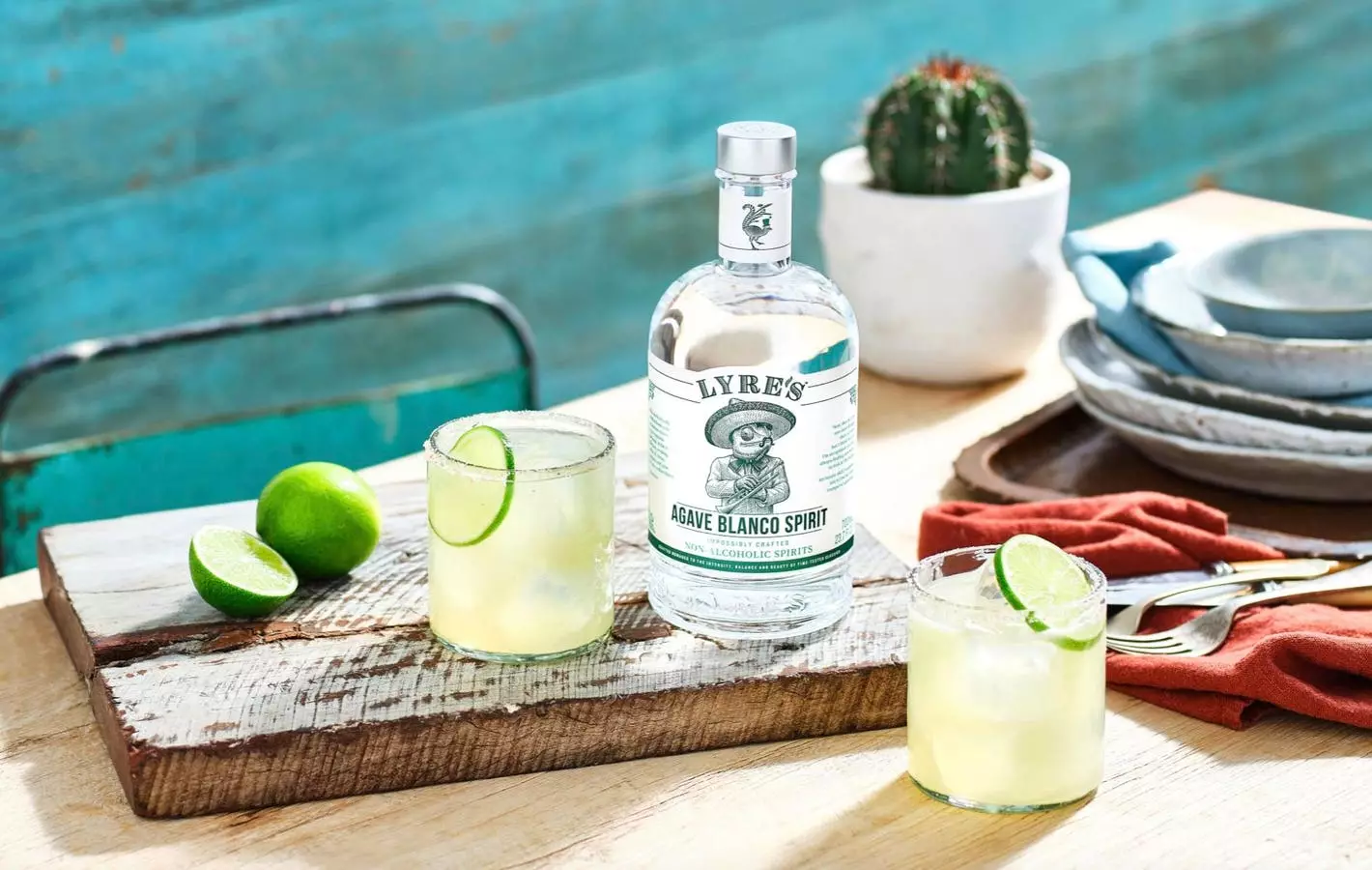Dry January has gained widespread recognition as a cultural phenomenon, often prompting mixed reactions from both enthusiastic participants and skeptical observers. While some dismiss the initiative as a temporary online trend, a deeper exploration reveals a significant historical context and the potential for lasting impact on public health and social behavior.
Initially, the concept of abstaining from alcohol in January can be traced back to Finland during World War II. The government, keen on conserving resources and enhancing productivity, encouraged citizens to forego alcohol for the month. This historical backdrop often surprises detractors who see Dry January merely as a product of contemporary wellness trends. In 2013, the official “Dry January” campaign was launched by a UK-based non-profit, aimed at promoting awareness about the benefits of reducing alcohol consumption. Shortly after its inception, the movement crossed international borders, establishing itself as “Dry January USA®” in partnership with the Meharry School of Global Health. Traditionally perceived as a personal challenge, Dry January has blossomed into a structured initiative with clear organizational backing and sponsorships.
Among the participants in this evolving landscape, Lyre’s Spirit Co. stands out as a leader in the non-alcoholic (N/A) beverage sector. Launched in Australia in 2019, Lyre’s has quickly carved a niche for itself as a premier producer of non-alcoholic spirits, earning accolades and awards in various international competitions such as the London International Spirits Competition. A multitude of bars and restaurants across major U.S. cities now showcase Lyre’s range, transforming the drinking experience for those choosing to abstain from alcohol. This rise reflects not only changing consumer preferences but also a growing demand for alternatives that offer a similar social experience minus the effects of alcohol.
This year, Lyre’s has taken it a step further by contributing to Meharry School’s research focusing on the impacts of alcohol consumption within minority communities. For every bottle sold during Dry January, the company donates $1, and with approximately 30% of Americans reportedly participating last year, the potential for revenue generation for charitable causes is significant. The initiative demonstrates that Dry January is not merely about personal choice, but also about fostering a collective movement towards awareness and responsibility regarding alcohol consumption, especially in communities disproportionately affected by its consequences.
David Gimpelson, CEO of Lyre’s, emphasizes the transformational role that the N/A sector plays in redefining social interactions. He notes that shifting perspectives on alcohol consumption represent a broader cultural transition. The commitment to inclusivity means that individuals who may not drink, whether for personal, health, or social reasons, are no longer sidelined during social events. Instead, they can engage with the same diversity of offerings that alcohol consumers enjoy. This rethinking of alcohol’s place in social settings is crucial as society increasingly recognizes the importance of mental and physical health.
As we look forward, the future of non-alcoholic beverages appears promising. Gimpelson highlights the importance of innovation in maintaining a leading position within the category. Lyre’s embodies this ethos by continually expanding its portfolio to offer premium products that not only rival their alcoholic counterparts but also provide a unique flavor experience for drinkers. The market is ripe for development, and companies like Lyre’s pave the way for new innovations designed to enhance the drinking experience without compromising on taste or quality.
As Dry January winds down for another year, its significance remains robust within the larger context of the beverage industry. The confluence of health consciousness, social responsibility, and consumer demand for inclusivity is shaping an era where the N/A category is more than just an alternative — it’s a movement toward a more thoughtful approach to drinking. With increasing awareness and participation, Dry January is a testament to how cultural shifts can inspire positive changes in society, making every social moment more inclusive and health-conscious for all.

